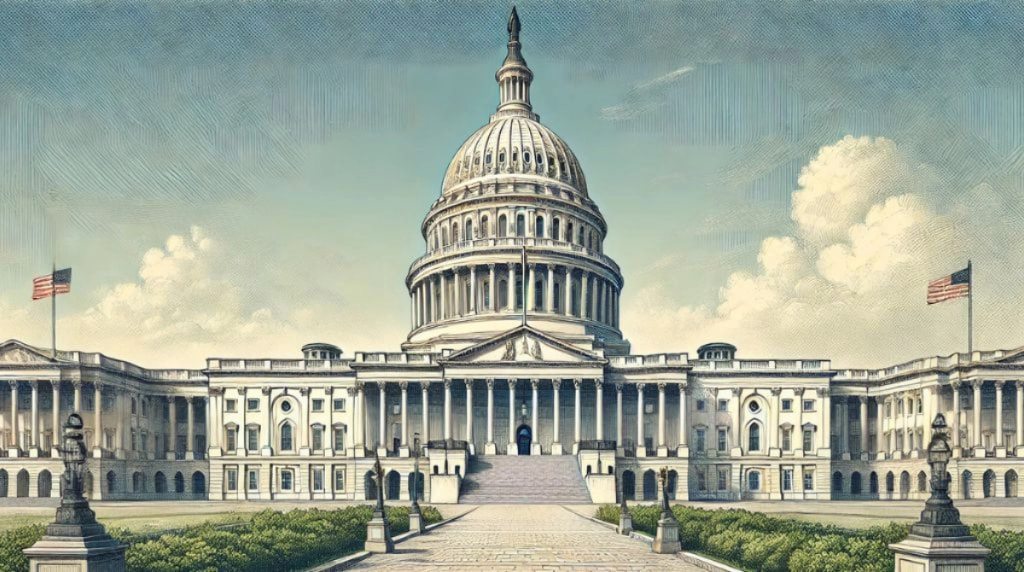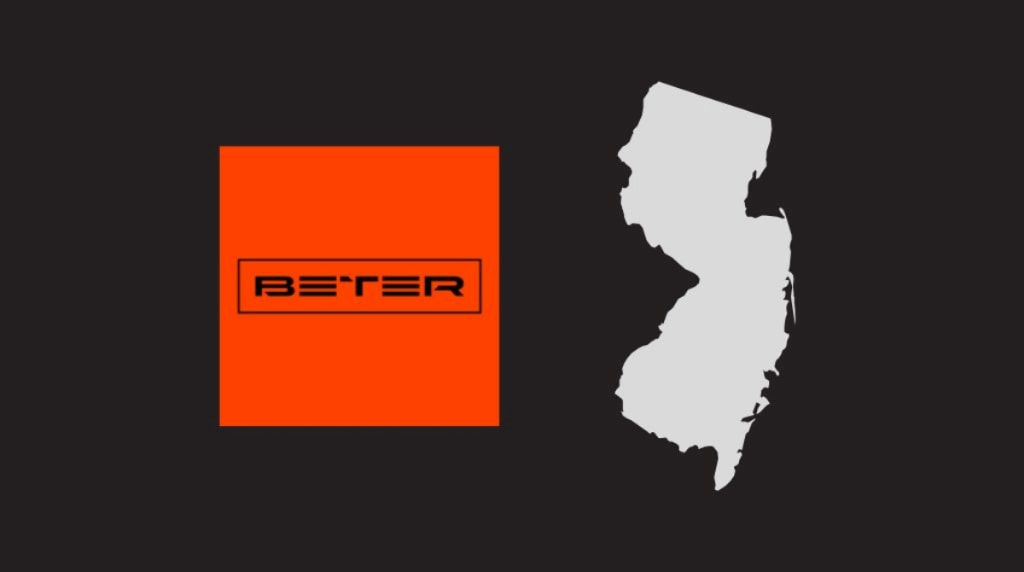NCAA President Pleads for Ban on College Player Prop Bets
Charlie Baker, president of the NCAA, testified in front of a Senate committee this week, pleading for a federal ban on college player prop bets.

Feds contemplate regulations on sports betting.
Key Facts:
- A US Senate Judiciary Committee heard testimony from NCAA president Charlie Baker performance
- Some fear college athletes could face harassment by gamblers based on prop bets
- 20 out of 39 states with legal sports betting allow college prop bets
NCAA President Charlie Baker has called on Congress to enact a federal ban on player-specific prop bets in college sports, citing growing concerns over the safety and well-being of student-athletes in the wake of the booming sports gambling industry.
Testifying before the Senate Judiciary Committee on Tuesday, December 17, Baker emphasized that such a prohibition would protect college athletes from harassment, coercion, and undue pressure to manipulate games.
Young Athletes Put at Risk
He argued that the surge in sports betting has put student-athletes in increasingly vulnerable positions, including facing harassment from disgruntled bettors.
“Removing prop bets on individual athletes would significantly reduce the chances of athletes being scrutinized or threatened,” Baker said. “The goal here is to relieve some of the undue pressure these young people face.”
A player prop bet is a wager on the specific performance of an individual athlete. For example, how many points a basketball player will score or whether a football player will score a touchdown.
These types of bets are independent of the outcome of the sporting event. When more than one of these types of bets are bundled together, it becomes a parlay. In many states, parlays constitute the most popular form of sports wagering.
In 39 states where sports betting is or soon will be legalized, 20 allow bets on individual college athletes’ performances.
Charlie Baker highlighted the serious consequences of this practice, referencing the case of North Carolina basketball player Armando Bacot, who was bombarded with over 100 angry messages after failing to meet bettors’ expectations for rebounds.
Similarly, Auburn quarterback Payton Thorne shared his experience of being contacted by bettors demanding money after their wagers on his performance went awry. Thorne noted that they never reached out to him when their bets were successful.
The hearing was part of a broader examination by lawmakers into the rapidly expanding sports gambling industry, which has flourished since the Supreme Court’s 2018 decision to strike down the Professional and Amateur Sports Protection Act (PASPA).
That law previously restricted most forms of gambling outside Nevada. The court ruling paved the way for states to legalize sports betting, with the market rapidly growing and generating billions in revenue.
Current State of Sports Wagering
In 2023 alone, Americans placed nearly $120 billion in sports wagers, including $23 billion on Super Bowl LVIII. However, Senate Judiciary Committee Chairman Richard Durbin (D-IL) expressed concern over the saturation of sports events with gambling advertisements. “It is impossible to watch a game today without being inundated with betting promotions,” Durbin noted.
The explosion of sports betting has raised alarms from groups such as the National Council on Problem Gambling, which reported that 2.5 million Americans suffer from severe gambling problems and over 8 million others experience moderate issues. The organization also highlighted that roughly 20% of individuals with gambling addictions may attempt suicide.
More Concerns Еqual More Regulations
Several lawmakers are pushing for more comprehensive federal regulations in the wake of these concerns. Senator Richard Blumenthal (D-CT) has proposed the SAFE Bet Act, which would establish nationwide standards for consumer protection in mobile sports gambling. The bill would restrict advertising during live sports events, among other protections.
Blumenthal has also introduced the GRIT Act, which would establish a federal sports wagering excise tax, with the revenue allocated to combating gambling addiction and funding research into its impacts. This legislation is part of an ongoing push to ensure that sports gambling is regulated in a way that protects both athletes and the broader public.




